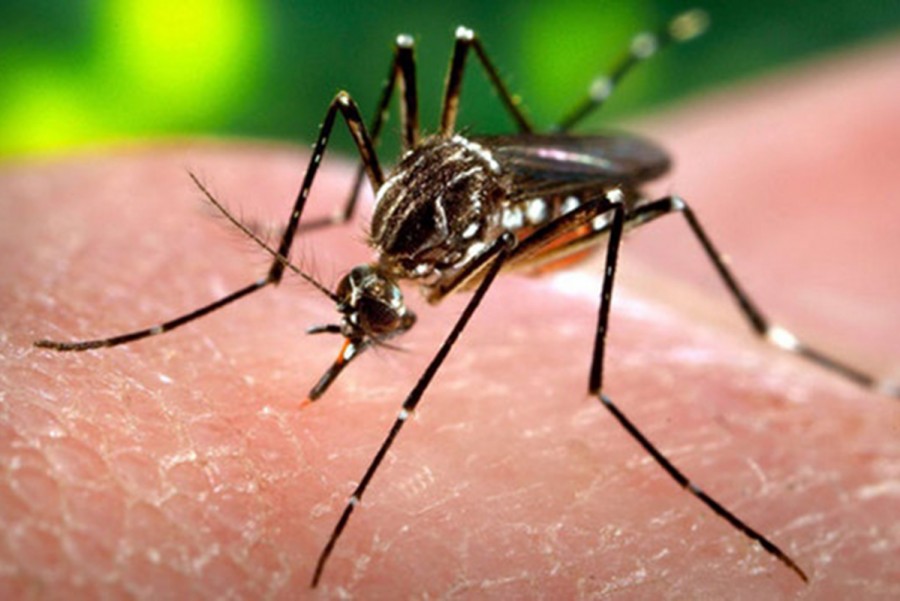Zika Virus Causes Worldwide Worry
The Zika virus, known primarily for its transmission by mosquitos and its association with birth defects, is still largely a mystery.
March 1, 2016
As with past outbreaks such as Ebola, the Zika virus has caught the attention of the world. However, for the vast majority of people, the actual risk of the virus is non-existent.
Symptoms of the Zika virus commonly appear as fever, rash, joint pain and red eyes, but rarely require serious treatment. Transmitted primarily by a specific type of mosquito, only 35 cases have been reported in the United States, all travel-associated.
The main risk from the virus is in the virus’ ability to cause birth defects such as microcephaly (an abnormally small head and brain size) when it infects a pregnant woman Some countries, such as El Salvador, have gone so far as to encourage couples to delay pregnancy for up to two years.
While the spread of the virus is reminiscent of Ebola, the symptoms are incredibly gentle in comparison. The real risk is for pregnant women, as the virus can be transmitted to a fetus. However, there is no evidence that the Zika virus, once cured, has any effect on future pregnancy.
The relatively gentle virus rarely requires hospitalization. Aside from 38 children who have died due to microcephaly, no reported deaths have occurred among adults infected with Zika.
This microcephaly, though, is not assuredly linked to the Zika virus. While Zika may be contributing, only circumstantial evidence connects the virus to the birth defects.
In response to the outbreak, The U.S. has issued warnings against travel to Central America, and appears to be trying to find a balance between action and panic. On February 8, the White House announced plans to ask Congress for $1.8 billion in emergency funds to combat the virus.
The World Health Organization officially declared the Zika virus an international public health emergency on February 1. Travellers are encouraged to avoid affected countries and take preventative measures against mosquito bites.
A vaccine for the virus is being worked on, but experts warn that the process could take years due to the rigorous testing required to release such a product. Even the first stages of testing could take until summer to begin.
The recent outbreaks have some Americans concerned about risk in their communities. This worry is not altogether necessary, as the virus is transmitted exclusively through sexual contact with people already infected or via a very specific species of mosquito. This mosquito is very rare, though not unheard of, in places above the southern U.S. border.
The mosquito in question is found primarily along the Gulf Coast and in Florida, though excessively hot weather can bring it further north.
The most concerning part of the Zika virus is its lack of treatment. Both vaccines and medical treatment for the virus are virtually nonexistent. Despite this, the virus poses no real danger to adults other than flu-like symptoms that are reduced with rest and hydration.
Overall, while the Zika outbreaks deserve some attention, they are in no way a reason for panic. Their symptoms are minor and far from life-threatening, aside from a potential risk for pregnant women. Responses are underway, but the best prevention would be to avoid afflicted countries until later notice.















